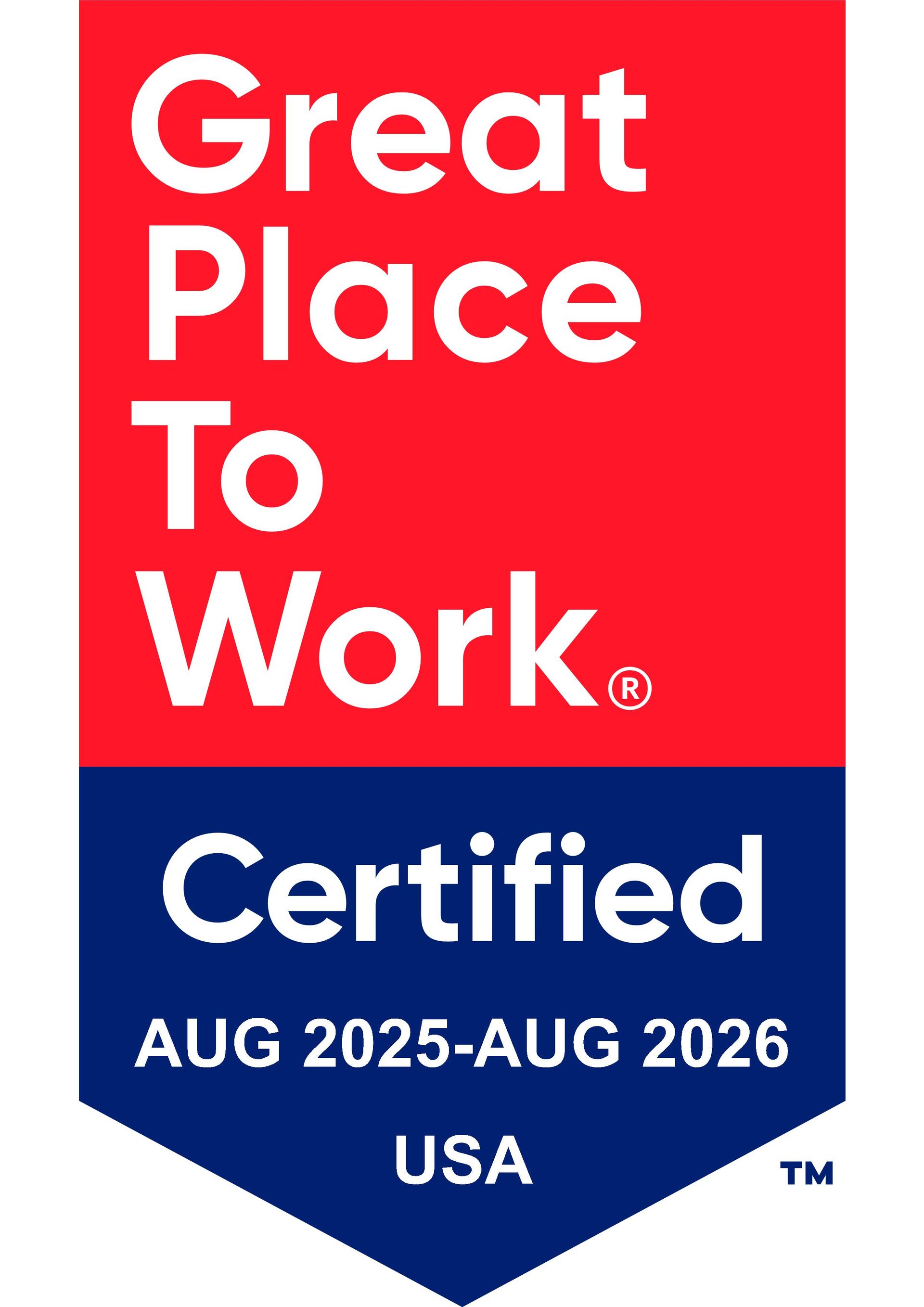
Is Level-Funded Health Insurance Right for Your Business?
3 September 2024

Level-funded health insurance is becoming more popular among small organizations, allowing them to maintain reasonable health and cover better benefits. This method of benefits funding allows employers to stay within their budget for healthcare costs while offering comprehensive insurance to their workers. So, is level-funded health insurance appropriate for your business? Let’s discuss the potential benefits and setbacks of this funding strategy.
Don’t hesitate to contact a KBI Benefits representative for personalized employee benefits assistance.
Understanding Level-Funded Health Insurance
Level-funded health insurance is a practical choice for small businesses when addressing healthcare costs without neglecting the health needs of the employees. With this approach, the employer pays a fixed monthly amount, which is used for claims, administration, and stop-loss. When there are lower-than-anticipated claims, the extra claim dollars are divided between the employer and the medical carrier, enabling businesses to recover some funds.
This arrangement not only assists in tightening up your small business’s budget, but it also ensures that employees have access to the benefits they’re looking for without fearing rising insurance costs. As an increasing number of smaller employers seek better health insurance coverage to attract better talent, it is important to understand how you can improve your benefits without ballooning your budget.
Cost Benefits of Level-Funded Plans for Employers
One of the significant benefits posed by the level-funded health plans is the quick reduction in operating expenses for an employer. KBI Benefits has helped small to medium-sized businesses save 15-25% on their employee benefits expenses, which makes these plans a prudent option for budget-conscious organizations.
As the employment sector gets more competitive, level-funded plans are likely to be used by more companies to maximize the company’s ROI on their employee benefits. With the right combination of quality benefits and affordable rates, businesses see lower employee turnover and more qualified applicants looking to work for them, which helps them grow more sustainably.
How Stop-Loss Insurance Supplements Your Level-Funded Health Insurance
Stop-loss insurance is a valuable asset to employers who have adopted level-funded health plans. With stop-loss insurance, the company can narrow its risk of incurring prohibitively expensive healthcare costs in the case of an employee requiring a significant amount of coverage, as all expenses incurred by the company will be covered above this limit. Based on the above, it means that businesses can know their health costs’ upper bounds while still providing competitive employee benefits.
In addition, stop-loss coverage may help restore business expenses so that utilization of large expenses wouldn’t interfere with the overall health of the company. It has also become crucial that stop-loss insurance be part of your level-funded plan, not just financially but also to promote the future health of the business as healthcare costs keep rising.
Comparing Level-Funded vs Traditional Health Insurance Funding
Unlike traditional plans, which have fluctuating premium increases every year that make it difficult for employers to manage healthcare costs effectively, level-funded plans offer a set monthly amount that makes budgeting more predictable. This is advantageous for companies who need to provide high-quality medical care while simultaneously being able to forecast the potential cost. Compared to traditional health insurance funding options, employers can stand to save up to 15-25% when using level-funding without compromising the quality of their benefits.
By understanding the unique features that level-funded health plans bring to the table, small establishments can manage their healthcare expenditures and improve employees’ satisfaction all at once. Speak with a KBI Benefits broker today and discover how your business can start saving on better employee benefits.



